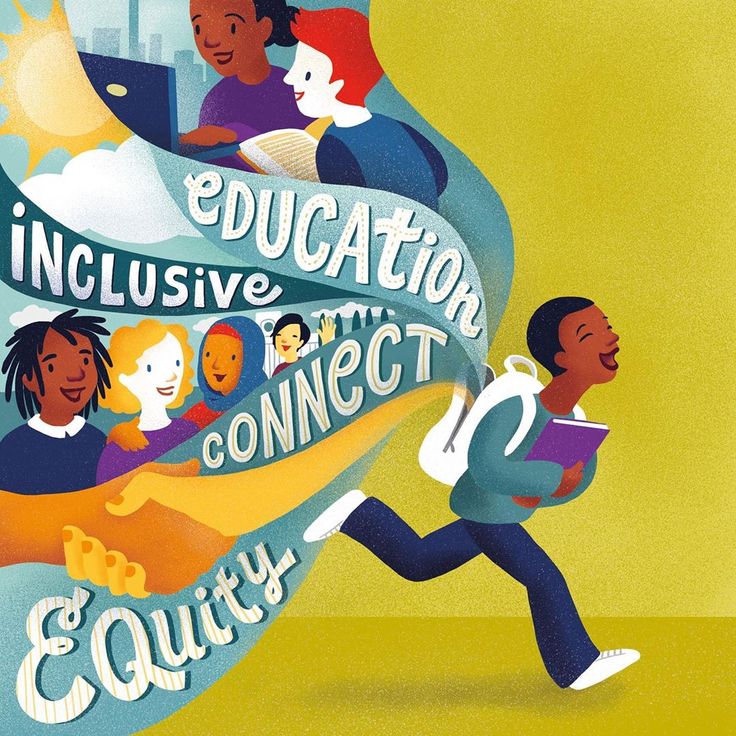young people are at the forefront of technological innovation and social change. As digital natives, youth have an unprecedented ability to influence and shape the future of our online environments. Their unique perspectives, creativity, and technological proficiency position them as key players in promoting safer, more inclusive digital spaces. This article explores the vital role youth play in shaping a safer digital future and how they can be empowered to make a positive impact.
The Power of Youth in the Digital Age
Youth, often referred to as digital natives, have grown up with technology as an integral part of their lives. They are adept at navigating the complexities of the internet and are often early adopters of new platforms and technologies. This familiarity gives them a unique advantage in understanding the nuances of digital communication and identifying both the potential and the pitfalls of online interactions.
Young people are also at the center of social change. They are often the first to embrace and advocate for new ideas and movements, using digital platforms to amplify their voices and connect with like-minded individuals around the world. This makes them powerful agents of change, capable of influencing public discourse and driving social innovation.
Challenges Faced by Youth in the Digital Space
While youth have the potential to shape a positive digital future, they also face numerous challenges:
- Cyberbullying and Online Harassment: Many young people experience cyberbullying and harassment online, which can have significant emotional and psychological impacts.
- Exposure to Inappropriate Content: Youth are often exposed to harmful or inappropriate content, including violence, hate speech, and misinformation.
- Privacy Concerns: Navigating privacy settings and understanding data protection can be challenging for young users, making them vulnerable to privacy breaches and data exploitation.
- Radicalization and Extremist Content: The internet can expose young people to extremist ideologies and narratives, making them susceptible to radicalization.
Empowering Youth to Create a Safer Digital Future
To harness the potential of youth in creating a safer digital future, it is crucial to empower them with the tools and skills they need to navigate the online world responsibly:
- Education and Media Literacy: Educating youth about media literacy is essential for helping them critically evaluate online content and recognize misinformation and extremist narratives. Schools and communities should incorporate media literacy programs that teach young people how to analyze and verify information, understand the impact of algorithms, and recognize bias and manipulation in digital content.
- Promoting Digital Citizenship: Encouraging young people to be responsible digital citizens involves teaching them about online ethics, empathy, and respect. Digital citizenship programs can empower youth to engage positively in online communities, promoting inclusivity and standing against hate speech and discrimination.
- Creating Safe Spaces for Dialogue: Providing platforms where young people can engage in open and respectful dialogue about digital issues is crucial. Safe spaces for discussion allow youth to express their opinions, share experiences, and collaboratively develop solutions to the challenges they face online.
- Encouraging Innovation and Advocacy: Youth should be encouraged to innovate and advocate for change in the digital space. This can involve supporting young entrepreneurs and innovators who are developing technologies and platforms that prioritize user safety and inclusivity. It can also involve encouraging youth-led advocacy campaigns that raise awareness about digital issues and push for policy changes.
- Mentorship and Support Networks: Establishing mentorship programs and support networks can provide youth with guidance and resources to navigate the digital world safely. Mentors can offer advice on online safety, digital skills development, and career opportunities in the tech industry.
Success Stories: Youth-Led Initiatives
Across the globe, young people are already making significant contributions to creating a safer digital future:
- Youth for Technology Foundation (YTF): This organization empowers youth with technology and entrepreneurial skills, enabling them to create solutions for their communities. YTF’s programs focus on developing digital skills and promoting responsible technology use.
- Be Internet Citizens: A partnership between Google, YouTube, and the Institute for Strategic Dialogue, this program aims to teach young people about media literacy, critical thinking, and digital citizenship. It encourages youth to become responsible digital citizens and create positive online communities.
- #TechForGood: A youth-led initiative that promotes the use of technology for social good. Participants develop projects that address social issues, such as cyberbullying and online safety, and advocate for positive change in the digital space.
- Copeace Organization: A youth-led organization dedicated to preventing violent extremism online and fostering positive peace through media literacy. By teaching critical thinking skills and promoting human rights values, Copeace empower individuals to become responsible digital citizens who can recognize and resist extremist narratives. This fosters community resilience and creates safer, more informed online environments.
Conclusion
The role of youth in shaping a safer digital future is both vital and transformative. By empowering young people with education, resources, and support, we can harness their potential to drive positive change and create a digital world that is inclusive, safe, and respectful for all. As digital natives, youth have the power to redefine online environments, challenge harmful narratives, and foster a culture of empathy and understanding. By investing in their skills and potential, we can work together to build a brighter and more secure digital future.









